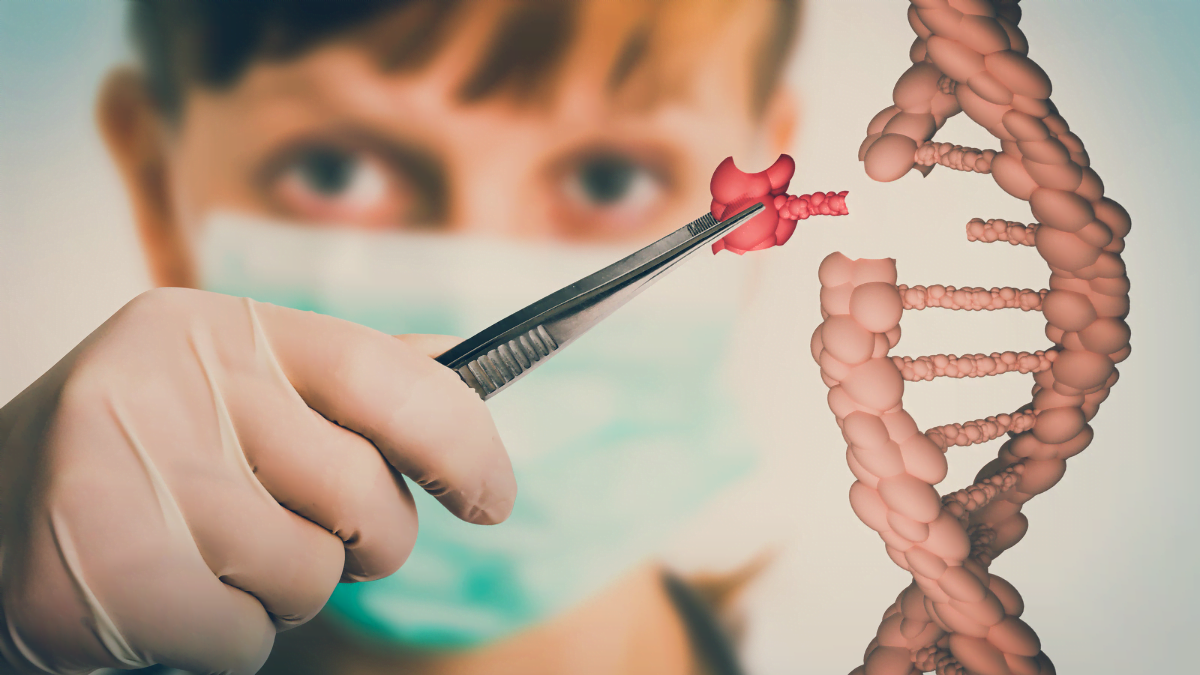Key Takeaway: Your genes can impact weight loss by influencing factors like metabolism, appetite, and how your body stores fat. 😮 However, it’s important to remember that lifestyle choices and habits also play a significant role in shedding pounds! 💪
Did you know that there’s a “fat gene” that can actually make it harder for some people to lose weight? 😲 That’s right! Genes play a significant role in how our bodies respond to weight loss efforts. In this blog post, we’ll dive into the fascinating world of genetics and weight loss, and I’ll share some helpful tips on how to work with your genetic makeup to achieve your fitness goals.
Let’s start by addressing the topic: your genes. Research has shown that some people have a genetic predisposition to obesity. In fact, there are more than 100 genes that have been linked to weight gain and loss! 😮 One of the most well-known is the FTO gene, which has been dubbed the “fat gene” due to its association with higher body mass index (BMI) in some individuals. But don’t worry! Even if you’ve inherited the “fat gene,” it doesn’t mean you’re destined to struggle with weight loss forever. 💪
Genes can also affect how our bodies process food and burn calories. For example, some people might have a faster metabolism, which allows them to burn more calories at rest. Others might have a slower metabolism, which means they’ll need to work a little harder to shed those pounds. But that’s okay! There’s no one-size-fits-all approach to weight loss. 🤷
Now that we know genes play a role in weight loss, what can you do about it? Well, I’m glad you asked! Here are a few tips to help you make the most of your genetic makeup:
- Don’t compare yourself to others. 🚫 It’s essential to remember that everyone’s weight loss journey is unique. Just because your friend lost 10 pounds in a month doesn’t mean you’ll experience the same results. Focus on your progress and celebrate your victories, no matter how small.
- Find the right balance. ⚖️ Some people might need to focus more on diet, while others might need to prioritize exercise. Experiment with different approaches and find what works best for you.
- Be patient. 🕰️ Remember that weight loss is a marathon, not a sprint. It might take longer for some people to see results due to their genetic makeup, but that doesn’t mean it’s impossible. Keep pushing forward and stay committed to your goals.
- Consider getting a genetic test. 🧬 If you’re curious about how your genetics might be affecting your weight loss journey, consider getting a genetic test. This can provide insights into your unique genetic makeup and help you tailor your weight loss strategy accordingly.
- Stay positive! 😃 It’s important to maintain a positive attitude throughout your weight loss journey. Remember, you’re more than just your genes, and you have the power to change your habits and lifestyle to achieve the results you want.
In conclusion, while genetics can undoubtedly influence weight loss, it’s essential to remember that you’re not a slave to your DNA. By understanding your genetic makeup and working with it, you can still achieve your weight loss goals and lead a healthy, happy life. 🎉
Now, let’s get those comments rolling! What are your thoughts on the role of genes in weight loss? Do you think you might have inherited the “fat gene”? How has understanding your genetics helped you in your fitness journey? Share your thoughts and experiences below! ✍️👇

